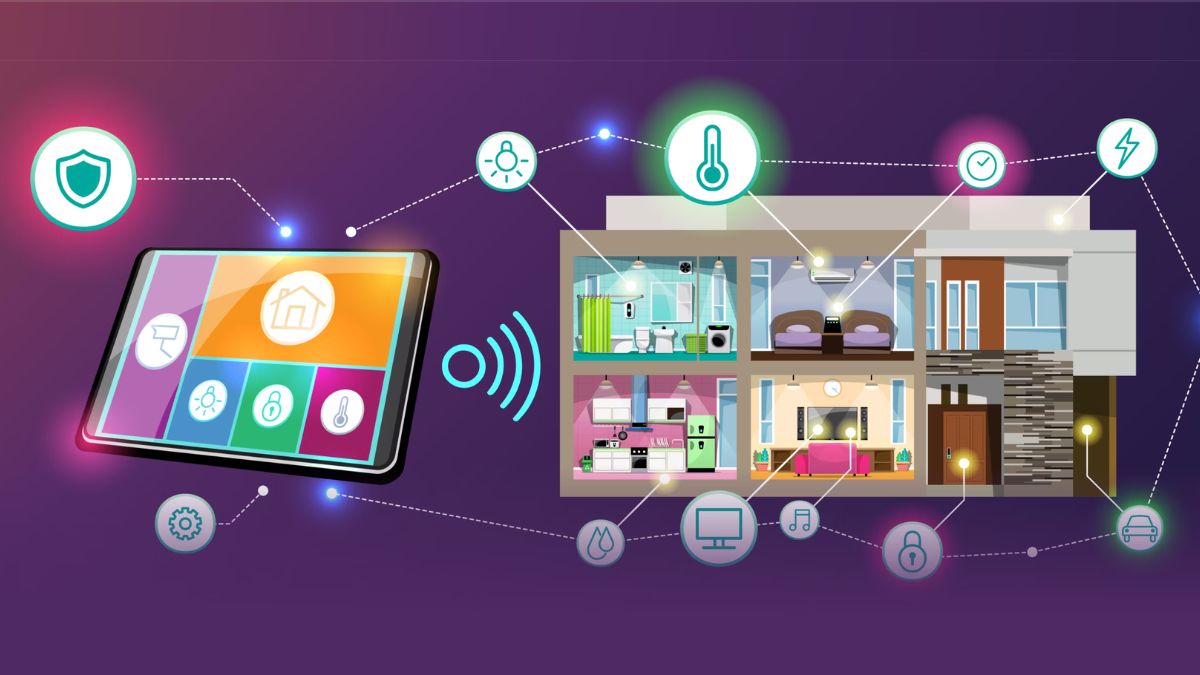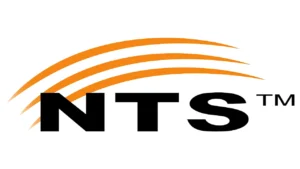Smart home automation for real estate is revolutionizing the property market in 2025. More buyers and investors are seeking homes equipped with smart technology that enhances convenience, security, and energy efficiency. This article explains how integrating smart home solutions can significantly increase property value and improve residents’ quality of life.
What is Smart Home Automation?
Smart home automation involves connecting devices such as lighting, climate control, security systems, and entertainment through the Internet of Things (IoT) and artificial intelligence (AI). These technologies enable remote management and automation, transforming traditional properties into intelligent, adaptive living environments.
Importance of Smart Home Automation in Real Estate
Increased Property Value
Properties featuring smart home automation consistently sell faster and at higher prices. Buyers recognize the benefits of smart features that offer convenience, cost savings, and enhanced security.
Appeal to Modern Buyers
The demand for smart homes is rising, especially among tech-savvy buyers who expect integrated automation as a standard feature. Real estate listings with smart technology attract a wider audience and stand out in a competitive market.
Energy Efficiency and Sustainability
Smart systems optimize energy use, reducing utility costs and supporting sustainability goals. Energy-efficient homes appeal to environmentally conscious buyers and meet emerging market trends.
READ MORE: How to Negotiate a House Price: Proven Tips for Getting the Best Deal in 2025
Key Smart Home Features for Real Estate
- Advanced Security Systems: Smart locks, surveillance cameras, and motion sensors provide remote monitoring and real-time alerts.
- Smart Climate Control: AI-driven thermostats adjust settings for comfort and energy savings.
- Automated Lighting and Shades: Programmable lighting and automated window treatments enhance ambiance and privacy.
- Voice-Controlled Assistants: Integration with assistants like Alexa or Google Assistant offers hands-free device control.
- Health and Wellness Technology: Air quality monitors and smart sleep systems promote healthier living spaces.
Trends Shaping Smart Home Automation in Real Estate
- Seamless Device Integration: Unified platforms improve user experience.
- Personalized Automation: Buyers seek customized smart solutions.
- Sustainable Technologies: Eco-friendly smart devices gain popularity.
- 5G Connectivity: Faster networks enhance system responsiveness and reliability.
Challenges of Smart Home Automation Adoption
- Initial Costs: Installation expenses can be high.
- Internet Reliance: Requires stable broadband infrastructure.
- Privacy and Security: Data protection remains a concern.
Smart Home Automation in Islamabad’s Real Estate Market
In Islamabad, interest in smart homes is growing due to increasing security needs, energy concerns, and better access to technology. Despite challenges like cost and infrastructure, smart home features offer a competitive advantage for developers and sellers.
Conclusion
Smart home automation for real estate is a critical factor influencing property values and buyer preferences in 2025. Incorporating smart technologies enhances property appeal, promotes sustainability, and improves living experiences. For real estate stakeholders, adopting smart home solutions represents a strategic opportunity to meet modern market demands.









